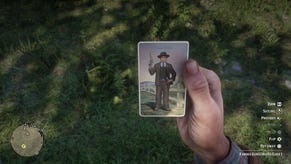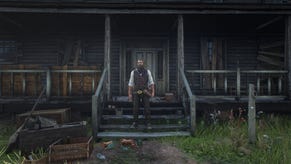Developers Share Their Crunch Stories in the Wake of Today's Red Dead Redemption 2 Story
Some Rockstar senior staff put in 100-hour weeks for Red Dead Redemption 2.
This article first appeared on USgamer, a partner publication of VG247. Some content, such as this article, has been migrated to VG247 for posterity after USgamer's closure - but it has not been edited or further vetted by the VG247 team.
In light of today's news from Rockstar Games co-founder Dan Houser that employees at Rockstar crunched 100-hour weeks to work on the upcoming Red Dead Redemption 2, members and developers in the games industry started sharing stories of their own experiences with crunch to help contextualize the experience.
Crunch time, or the practice of working extended hours to help complete a project, is common in the video game industry to the point where sometimes there is an understanding that joining a company comes with some crunch time. International Game Developers Association (IGDA) president Jen MacLean told USgamer back in March that "a lot of studios out there that crunch are very well known for crunching. When you go to work there, it's not a surprise when you're asked to work 60-70-hour weeks."
Rockstar Games and Houser later clarified that he was only referring to select senior staff when he told Vulture that Rockstar team members worked 100-hour weeks in 2018. That doesn't change that crunch in the industry exists, as these developers shared.
We have see how crunch can lead to very negative consequences for developers. Take Telltale Games for instance which we reported had a culture of crunch that led to intense workplace pressure, rapid release schedules, and low morale. Telltale recently underwent a majority layoff last month.
As we go forward and labor practices continue to be more commonplace in the games industry we will see how the industry responds to such criticism and conversation regarding what constitutes normal workplace conditions.









